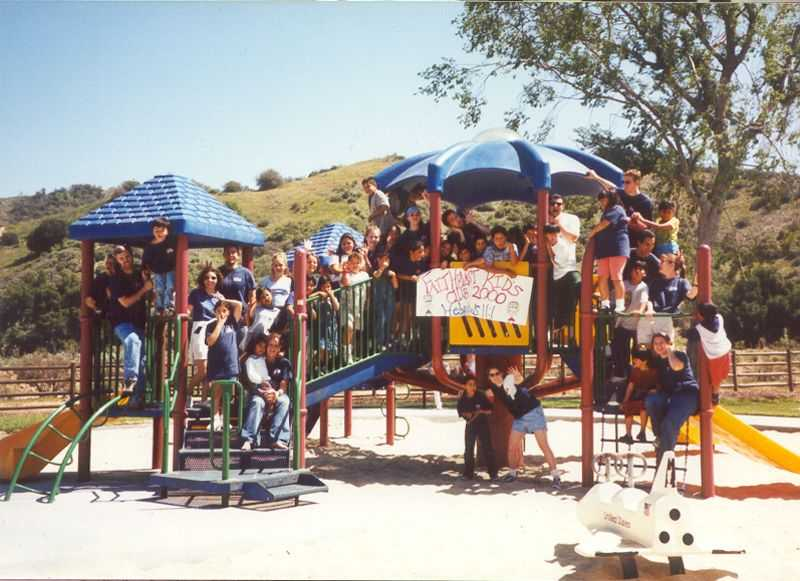I recently gave a seminar to a group of EFCA church missions leaders on how to create a missions culture at their church. This is a summary of that seminar…..
The missionary wall at Hillside Church in San Jose, California had over 40 pictures on it.
But missions leader Kim Coutts wanted something more. He didn’t just want his church to financially support missions, but for members to experience true partnership in missions. He wanted to create a culture of missions at Hillside.
It was 1996. Kim searched among ReachGlobal missionaries for a partner location, and settled on Tanzania, East Africa, where missionaries labored to reach Muslim coastal tribes and the Indian diaspora community.
Kim targeted key Hillside leaders to join on trips to Tanzania. On the very first team, Kim recruited both the elder board chairman and the lead pastor. Over the next eight years, Hillside would send 20 teams to Tanzania. Around 65 members participated, and a bolt of missions lightning spread like wildfire through the church, transforming many hearts to partner with international missions. For some, Kim’s missional focus set them on a new life trajectory.
Perhaps the best example is someone whose name is easily recognized within the EFCA: Kevin Kompelien. Kevin was the lead pastor of Hillside in the 90s, and the church’s partnership with Tanzania opened doors for him to serve in other parts of Africa. In 2006, Kevin was invited to become the Africa Area Leader for ReachGlobal. That led to deeper connections in the EFCA, and in 2016, Kevin was voted in as president of our movement.

Imagine what God could do by creating a missions culture at your church. Do you have a passion to see missionaries cultivated in your own congregation? I recently asked several missionaries what their churches did to contribute to their desire to serve overseas, and I hope you are inspired by what they shared.
How do we spark a culture of missions?
1. Kindle a fire for missions in the next generation. Barna tells us that only 10% of Millennial churchgoers can define the Great Commission, so that’s a good place to start. But among young people, perhaps even more important is challenging underlying attitudes. Mobilizing Gen Z tells us, “[Gen Z has a] tendency to avoid risk. They have grown up surrounded by anxious adults, in a culture promoting safety as a priority, with devices that convey 24/7 the world’s trouble, personal conflicts, and cruel criticisms.” In trying to hold back a global pandemic, we may have inadvertently absorbed the idea that we need to prioritize safety above all else. But is this perspective compatible with the Great Commission? Elevate missionary stories – past and present – of those willing to count the cost to take the gospel to the nations.
2. Challenge their parents too. Perhaps this is just as important. Mobilizing Gen Z references Barna when explaining, “Career success and physical safety are the top concerns [of church-going parents]. Nearly half said, ‘I’d rather my child get a well-paying job than be a career missionary.’” In my experience in missions mobilization, I have seen first-hand that Christian parents are sometimes the biggest detriment to potential missionaries.
Go here to read the rest.
I also recently posted this one over at A Life Overseas:
The Hidden Super-Stars of Missions
I coach new missionaries as they prepare to go overseas. I’ve found I can often predict how quickly they’ll be able to raise support based on one crucial factor: whether they have an advocate who will come alongside them.
What do I mean by an advocate? Let me explain.
Raising support has got to be one of the most daunting experiences in any missionary’s life. So God’s called me to India, but I need you to fork over some cash so I can do it. Sound good? Awesome. What can I put you down for?
Let’s hope it doesn’t come out exactly like that, but it’s what missionaries dread. Raising financial partners has extraordinary joys, but it also comes with dark lows. It’s incredibly intimidating. Dozens – maybe hundreds – of friends ghosting their calls, emails that don’t get replies, events where no one shows up. It can be one of the most demoralizing experiences in a person’s life.
Who can turn that whole experience around? An advocate.
Go here to read the rest.









